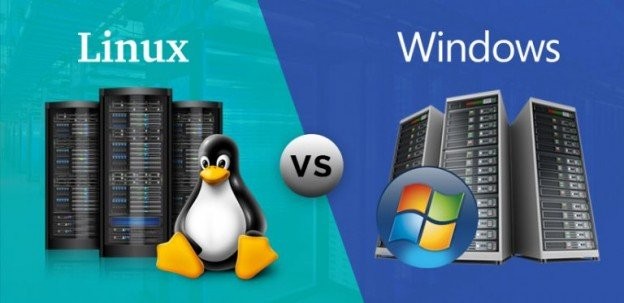Linux, the powerhouse behind countless servers and desktops worldwide, is now spearheading a bold new frontier: quantum computing. Known for its robustness and flexibility in traditional computing environments, Linux is now adapting to meet the unique demands of quantum technology. This shift marks a significant milestone in computing, heralding a new era where Linux is not just a supporting actor but a leading force in the quantum revolution.
Linux and Quantum Computing: A Symbiotic Relationship
Quantum computing, with its potential to solve complex problems at unprecedented speeds, is a game-changer. And at the heart of this transformation is Linux, evolving beyond its conventional roles. The development of specialized Linux distributions and tools for quantum environments signifies a major leap. These advancements are not mere upgrades; they represent a fundamental shift in Linux’s role in the computing world.
Essential Tools in the Linux Quantum Toolkit
For current Linux users, this evolution brings exciting possibilities. Tools like VPNs, integral for secure online connectivity, are transforming. One of the most appealing aspects of Dedicated IP VPN is its full graphical user interfacehttps (GUI). This is a game changer for Linux enthusiasts accustomed to the often necessary but cumbersome command-line operations. With this VPN, once you’ve completed the straightforward setup process, every feature is just a mouse click away. The user interface is intuitive and designed to make the VPN experience seamless and hassle-free for Linux users. These tools will become even more secure and efficient in a quantum world. This is just one example of how Linux is not just keeping pace with quantum advancements but actively shaping them.
As the Linux ecosystem braces for the quantum computing revolution, a variety of tools and applications are evolving to meet the challenges and opportunities presented by this cutting-edge technology.
- Advanced File Management Systems: The advent of quantum computing introduces new data structures like qubit data, which are far more complex than traditional binary data. File management systems within Linux, such as Dolphin (part of the KDE suite) and Nautilus (from GNOME), are anticipated to evolve to manage these intricate data types. Their development will likely focus on enhanced capabilities for handling and processing quantum-level information.
- Network Management Tools: Quantum computing brings unique challenges and opportunities for network management, particularly in terms of security and data transmission speeds. Tools like Wireshark, known for network protocol analysis, and Netfilter, a framework provided by Linux for filtering and manipulating network packets, are poised to play critical roles. These tools are expected to adapt to support the secure transmission and analysis of quantum data, a fundamental requirement in a quantum computing landscape.
- Development Platforms and Environments: To facilitate the development of quantum computing applications, platforms like Eclipse and JetBrains are likely to expand their support to include quantum programming languages and frameworks. This expansion will enable developers to write, test, and simulate quantum algorithms within familiar integrated development environments (IDEs), making the transition to quantum computing smoother for the developer community.
- Quantum Simulation Tools: Quantum simulation tools are crucial for testing and developing quantum algorithms in the current pre-quantum hardware era. Tools such as Qiskit, developed by IBM, and Microsoft’s Quantum Development Kit (QDK) are already being used to simulate quantum computations on Linux systems. These simulations are critical for both research and practical application development in quantum computing.
Tailored Linux Distributions: Quantum Computing’s New Best Friend
The emergence of Linux distributions tailored for quantum computing is perhaps the most striking development. These are not standard distributions; they are engineered specifically to handle the complexities of quantum algorithms and data. This development is a testament to Linux’s adaptability and its growing importance in the quantum computing landscape.
Open Source: The Driving Force of Quantum Innovation
Linux’s open-source nature is a significant advantage in the quantum realm. Open-source principles like collaboration and transparency are essential for innovation in this complex field. Linux’s open-source ethos is not just fostering growth in quantum computing; it’s making this cutting-edge technology more accessible.
Linux’s Pivotal Role in the Quantum Era
As Linux transitions into the quantum computing sphere, it’s not just about technological advancement. It’s about a community-driven effort redefining the future of computing and leading the charge in the quantum revolution.
The quantum era is here, and Linux is at its forefront. For tech enthusiasts and professionals alike, this is a pivotal moment to witness and participate in. With Linux at the helm, the journey into the quantum future is both promising and exhilarating.
Follow Technoroll for more!
Editorial Staff of the TechnoRoll, are a bunch of Tech Writers, who are writing on the trending topics related to technology news and gadgets reviews.




